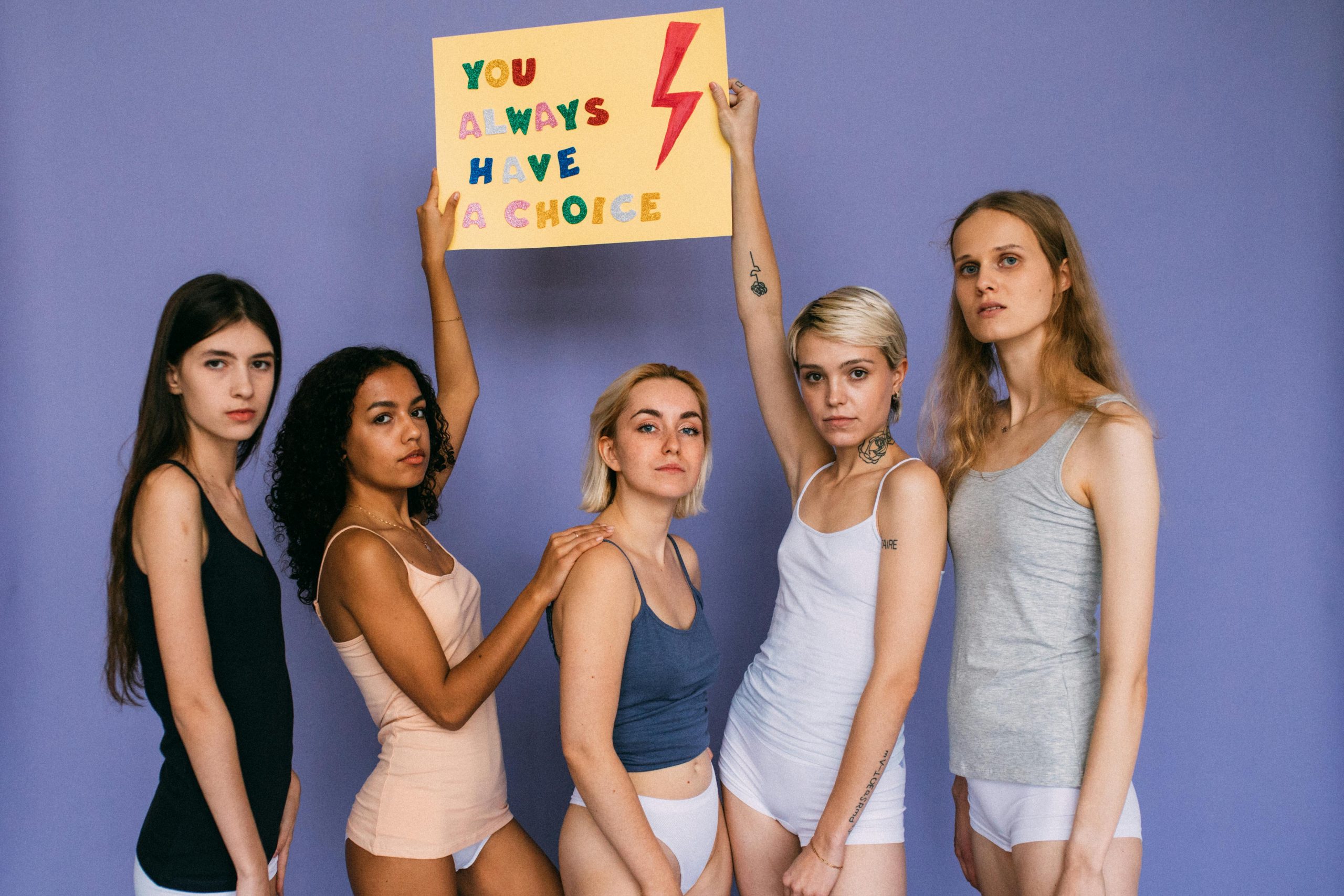Title: Do You Need a Non-Owner Auto Insurance Policy When You Don’t Own a Car?
As life transitions lead us to new places—perhaps moving to a different city or state—the decision to sell your vehicle can often come with its own set of questions, particularly concerning auto insurance. If you’re considering parting ways with your car, you might wonder whether you should invest in a non-owner auto insurance policy even when you have no vehicle to call your own, at least for the time being.
Understanding Non-Owner Auto Insurance
Non-owner auto insurance is a type of policy designed for individuals who do not own a vehicle but still want to maintain some level of coverage. This type of policy can provide liability protection when driving borrowed or rented vehicles and can often mitigate potential insurance complications in the future.
The Importance of Continuous Coverage
One pivotal concern many people have is the impact of a coverage lapse. Providers may view a gap in your insurance history unfavorably, potentially leading to higher premiums when you eventually decide to insure a car again. Many experts advise against allowing a coverage gap, even if it seems logical to let your policy lapse while you are without a vehicle.
Assessing Your Driving Needs
Even if you currently have no plans to drive, life can be unpredictable. Renting a vehicle for a weekend getaway or needing to borrow a friend’s car occasionally can quickly make having some form of coverage advantageous. Non-owner insurance can provide you peace of mind without the need for a full auto policy.
Conclusion: Make an Informed Decision
Ultimately, while many might question the necessity of a non-owner auto policy during a period of not owning a vehicle, maintaining a form of coverage is often more beneficial than it appears. It can save you headaches down the road and often proves to be a financially sensible choice. Before you make a decision, it’s wise to shop around and consult with an insurance professional to determine the best course of action for your unique situation. After all, staying protected is always a smart move, no matter your vehicle ownership status.



